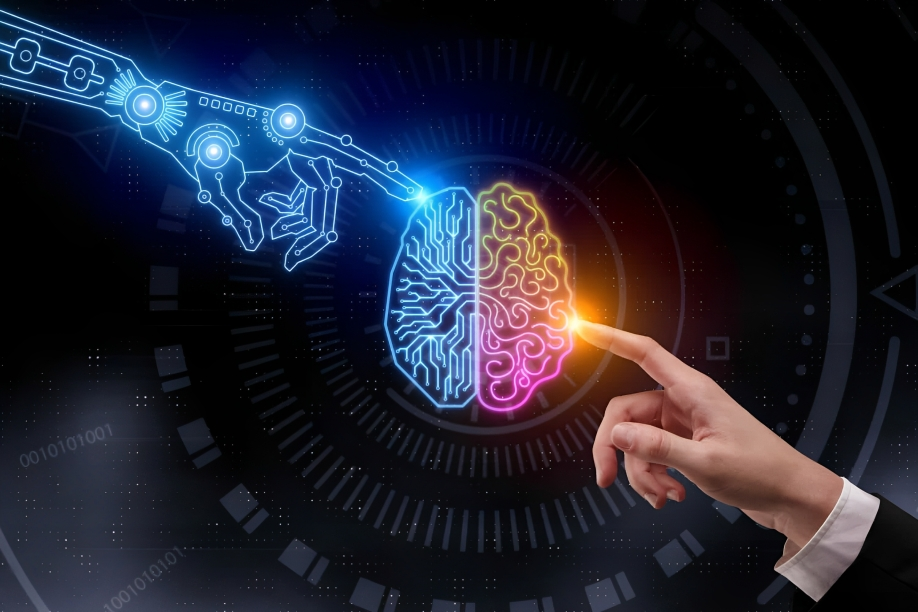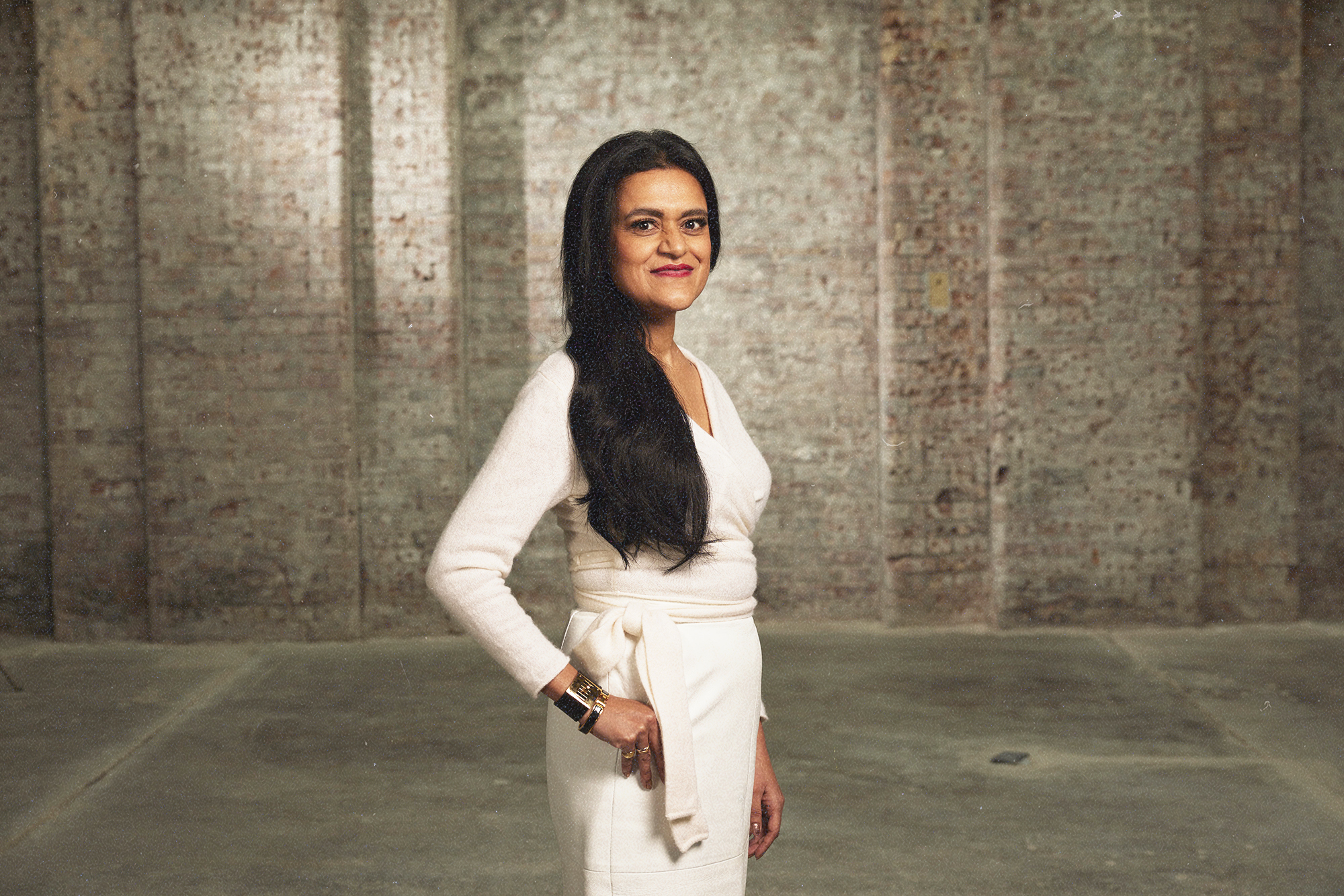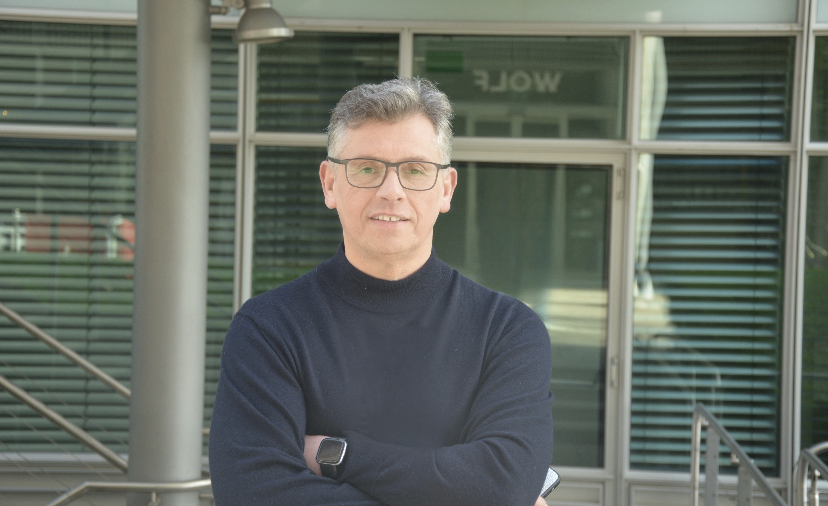
Spiritual Enlightenment to Practical Empowerment
From Spiritual Enlightenment to Practical Empowerment: Reframing the Wellness Economy to Prioritize Physical, Mental, and Financial Strength
Abstract
Today’s world bombards individuals with micro-stressors that increasingly impact our well-being. To combat this, there is a need for a robust foundation of physical, mental, and financial strength. Existing mHealth solutions, often focusing on siloed aspects like meditation or sleep, fail to address the underlying causes of stress necessary for a firm foundation. A holistic approach that provides insight into why individuals feel stressed and offers targeted strategies is essential. This paper explores the need for such an approach and introduces Beam’s vision for a data-driven, personalized well-being solution.
Introduction
The objective of this white paper is to:
Investigate how daily micro-stressors affect the well-being of Generation Y and Z.
Evaluate the effectiveness of available support systems.
Identify opportunities to improve the physical, mental, and financial health of the global population.
We use a three-part lens to analyse existing literature, carry out research, and describe potential opportunities:
Human Condition: Understanding the reality of people’s needs and how micro-stress affects them.
Existing Support: Governmental and private sector solutions to daily micro-stress.
mHealth Opportunities: How data, digital technologies, and AI can help.
From this analysis, we provide recommendations for policymakers, health professionals, and educators to improve health outcomes for Generation Y and Z.
1. Executive Summary
Over 2 billion people worldwide experience stress-related issues with significant physical and financial side effects. Existing mHealth platforms and apps, which focus on single aspects of life, fail to provide a comprehensive solution. However, a profound shift in the personal data ecosystem is on the horizon, offering new opportunities to manage micro-stressors and improve overall wellbeing.
Key Findings:
Current solutions are ineffective for most people.
A holistic approach using AI and personal data can provide personalized support.
Beam aims to become a foundational player in this new ecosystem with a focus on practical empowerment and data integrity.
Manifesto for Practical Empowerment:
Focus on the future by helping Gen Y & Z manage daily stressors.
Revolutionize mHealth with innovative, proactive self-care technologies.
Prioritize micro-stress to prevent larger problems, especially for the younger generation.
Design with transparency to build trust.
Use a “Whole Person” approach for comprehensive wellbeing.
Build resilience with practical daily improvements.
Provide sustainable, common-sense support.
Leverage AI meaningfully to manage stress.
Democratize access to affordable, personalized solutions.
2. The Problem
Human Condition:
Micro-stress affects us all, often going unnoticed but accumulating to cause significant physical, mental, and financial harm. These stressors are particularly impactful on younger generations, who face unique challenges from the digital age and economic instability.
Existing Support:
Governments and private sectors are increasingly recognizing the negative impact of micro-stressors and implementing measures to provide support. However, these solutions are often siloed, focusing on specific aspects rather than offering a holistic approach.
mHealth Opportunities:
Current mHealth solutions only scratch the surface of what is possible. Leveraging personal data and AI can provide personalized, effective support to manage micro-stressors and improve overall well-being.
3. Literature Review
Human Condition:
Human beings are inherently resilient but face increasing complexity and pace in life. Generation Y and Z, the first to grow up with ubiquitous technology, experience unique stressors. Emotional triggers and behaviour patterns are influenced by a combination of physical, mental, financial, technological, and social factors.
Existing Support:
Governments in developed nations are implementing initiatives to support mental, physical, and financial health. However, in developing nations, economic constraints often hinder these efforts. Private sector solutions are growing, with digital health apps playing a significant role.
mHealth Opportunities:
Attitudes towards wellness are evolving, with a rising demand for proactive, preventative self-care. There is an increasing comfort with data sharing for personalized solutions, and the power of data interoperability is being unlocked. AI has the potential to transform stress management by providing personalized recommendations and insights.
4. Research Findings
Hypotheses:
Generation Y and Z are most in need of, and open to, support to manage stress.
They seek effective, accessible, and affordable solutions.
They want transparent data value exchange and meaningful insights.
Methodology:
Our research combines qualitative and quantitative methods, including surveys and real-time insights from Beam app users. It provides valuable insights into the challenges faced by Generation Y and Z and the effectiveness of current support systems.
Findings:
Emotional triggers and behaviour patterns are unique but share common links.
Financial stress is a major cause of micro-stressors.
Practical, personalized support is lacking in existing solutions.
5. Mapping the Way Forward
Key Takeaways:
Break the Stigma: Promote self-care without stigma.
Holistic Approach: Embrace interconnected mental, physical, and financial wellness.
Data Interoperability: Empower individuals with control over their personal data.
Personalized Incentives: Engage consumers with personalized, value-driven solutions.
AI for Stress Management: Use advanced AI for smart, personalized stress management.
New Support Solutions: Provide practical, CBT-based tactics for managing micro-stress.
Digital Health for All: Bridge the gap across generations.
Collaborative Healthcare: Enhance stress management through data interoperability.
6. How Beam Can Help
Mission:
Beam’s mission is to help everyone discover the stories in their data to better understand and minimize micro-stress, and boost resilience. Our approach prioritizes transparency, accessibility, and affordable support.
Manifesto for Practical Empowerment:
Focus on the future.
Revolutionize mHealth.
Prioritize micro-stress.
Design with transparency.
Use a “Whole Person” approach.
Build resilience.
Provide sustainable support.
Leverage AI meaningfully.
Democratize access.
Introduction and Benefits:
Beam is a data-driven, self-management app that tracks existing data from daily tools and apps. It provides personalized insights and support, helping users navigate the complexities of modern life. Key benefits include:
Discovering Stories in Data: Analyzing over 250 indicators.
Spotting Patterns: Pinpointing emotional triggers and behavior patterns.
Personalized Support: Offering solutions from a vast library of resources.
Reducing Stress and Building Resilience: Demonstrated improvements over a four-week period.
Smart, Simple, Secure: Accredited by ORCHA for professional assurance, usability, accessibility, and data privacy.
7. Conclusion
A profound change is predicted in the personal data ecosystem, moving from big tech monetizing data to transparent, owner-focused solutions. Beam’s zero-compromise approach to personal data integrity positions it as a foundational player in tackling the stress epidemic.
Humans are unique but share common micro-stresses. Personalized, holistic support that integrates mental, physical, and financial wellbeing is essential. The rise in personal data provides a universal resource to combat micro-stressors meaningfully, offering a significant opportunity to challenge the status quo with products and services that meet real human needs.
By focusing on practical empowerment, Beam aims to make radical improvements in managing micro-stress and enhancing overall wellbeing. Join us in pioneering a new era of wellness, where individuals are empowered to take control of their health and thrive.

Read More
Unlock Expertise: Dive into Resources, Blogs, Media, White Papers & Research





